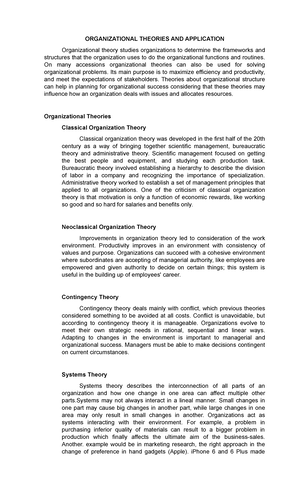- Information
- AI Chat
Was this document helpful?
Lesson 1 Obligations
Course: Business Administration
999+ Documents
Students shared 3807 documents in this course
University: Pangasinan State University
Was this document helpful?

Obligation
OBLIGATION
An obligation is a juridical necessity to give, to do or not to do.
The term obligation is derived from the Latin word obligatio which means tying or binding. It is
a tie or bond recognized by law by virtue of which one is bound in favor of another to render
something – and this may consist in giving a thing, doing a certain act, or not doing a certain
act.
Obligor – one who has the duty of giving, doing or not doing.
Obligee – one who has the right to the performance of the obligation.
Obligation is a juridical necessity because in case of non-compliance, the courts of justice
may be called upon by the aggrieved party to enforce its fulfillment or, in default thereof, the
economic value that it represents.
Civil obligations – obligations which give to the creditor or obligee a right under the law to
enforce their performance in courts of justice.
Natural obligations – do not grant a right of action to enforce their performance although in
case of voluntary fulfillment by the debtor, the latter may not recover what has been
delivered or rendered by reason thereof.
Four essential requisites of an obligation
a. A passive subject (called debtor or obligor) – the person who is bound to the
fulfillment of the obligation; he who has the duty.
b. An active subject (called creditor or obligee) – the person who is entitled to demand the
fulfillment of the obligation; he who has a right.
c. Object or prestation (subject matter of the obligation) – the conduct required to be observed
by the debtor. It may consist in giving, doing, or not doing. Without the prestation,
there is nothing to perform.
d. A juridical or legal tie (also called efficient cause) that which binds or connects the parties to
the obligation.
Obligation, right, and wrong distinguished
a. Obligation is the act or performance which the law will enforce.
b. Right is the power which a person has under the law, to demand from another any
prestation.






